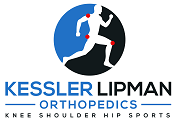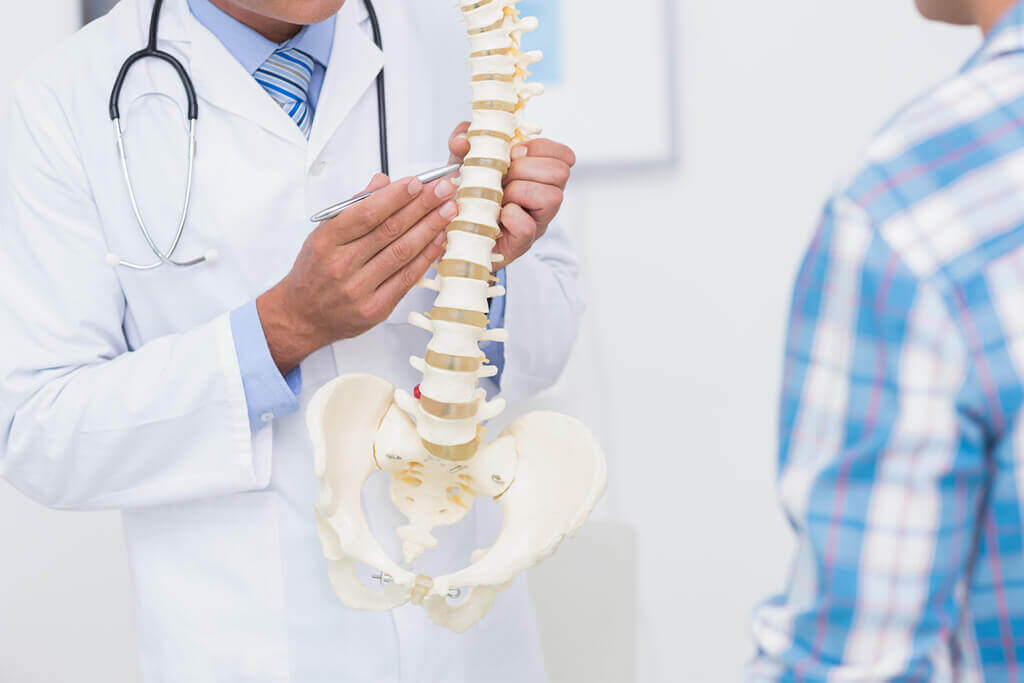Rehabilitation - Neuromuscular Re-education
Introduction
Neuromuscular re-education is a technique used by rehabilitation therapists to restore normal movement. Together, your nerves and muscles work to produce movements. Nerves send signals between your muscles and your brain about when, where, and how fast to move. It is a complex process. Theorists believe that over time, nerve tracts are reinforced and muscle movement (motor) patterns are learned and stored in your memory. For example, this explains why you remember how to go up steps and automatically know how to adjust your movements for tall or short steps.Muscle movement patterns are affected when nerves or muscles experience damage or injury. This can result from trauma, medical conditions, and neurological conditions, such as stroke and traumatic brain injury. Neuromuscular re-education is one method used by rehabilitation therapists to facilitate the return of normal movement in persons with neuromuscular impairments.
Treatment
Your doctor can refer you to a physical or occupational therapist for neuromuscular re-education. At your initial evaluation, your rehabilitation therapist will ask you about your symptoms and medical history. The therapist will examine your posture, balance, and joint movement. Measurements will be taken to see how strong your muscles are and how far you can move your joints. Your rehabilitation therapist will assess your balance and posture while you are standing and sitting. You should state your concerns and goals. A neuromuscular re-education treatment plan will be designed based on your initial functioning.
Your neuromuscular re-education program will consist of repetitive movements, posturing, and stimulation designed to reinforce nerve signals for functional movements. It is theorized that when the nerve signals are “retrained” and appropriate muscle movements are repeated, movement patterns become automatic again. Neuromuscular re-education is usually done along with other types of treatment to promote functional muscle movement.

Copyright © - iHealthSpot Interactive - www.iHealthSpot.com
This information is intended for educational and informational purposes only. It should not be used in place of an individual consultation or examination or replace the advice of your health care professional and should not be relied upon to determine diagnosis or course of treatment.
The iHealthSpot patient education library was written collaboratively by the iHealthSpot editorial team which includes Senior Medical Authors Dr. Mary Car-Blanchard, OTD/OTR/L and Valerie K. Clark, and the following editorial advisors: Steve Meadows, MD, Ernie F. Soto, DDS, Ronald J. Glatzer, MD, Jonathan Rosenberg, MD, Christopher M. Nolte, MD, David Applebaum, MD, Jonathan M. Tarrash, MD, and Paula Soto, RN/BSN. This content complies with the HONcode standard for trustworthy health information. The library commenced development on September 1, 2005 with the latest update/addition on February 16, 2022. For information on iHealthSpot’s other services including medical website design, visit www.iHealthSpot.com.


